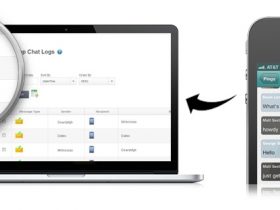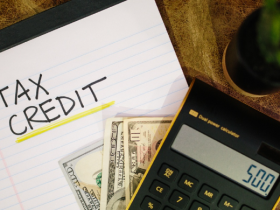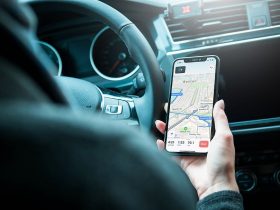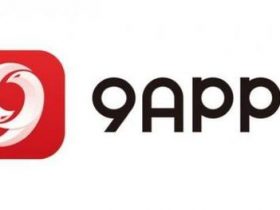With Peak Oil just around the corner, alternate transportation forms are likely to be the wave of the future. Peak Oil is not the end of the era of oil. It is the end of the era of cheap oil. As gas prices rise inexorably, this will increasingly make individual car ownership a serious burden.
There are many different things happening that play a part in keeping people able to get from point A to point B in spite of this global shift. This includes options like car sharing services. But it also means relying more heavily on public transportation.
Fortunately, public transit systems are modernizing in ways that make them more appealing to modern day community. One of the newest changes is a move towards paying your transit fare via your mobile phone.
Unsurprisingly, it is coming first to some of the densest, most developed cities in the world. This is already a reality in both Moscow and Singapore. London has also broken ground in this area. New York has plans to bring it online soon.
The UK and the USA are both laying the groundwork for making this option a commonplace occurrence nationwide for each country. After vetting it in London, the UK has plans in place to make it more widely available. In early 2016, The American Public Transportation Association (APTA) and the Near Field Communication (NFC) Forum signed an agreement that lays the groundwork for making this kind of technology more widespread in both the US and in Canada.
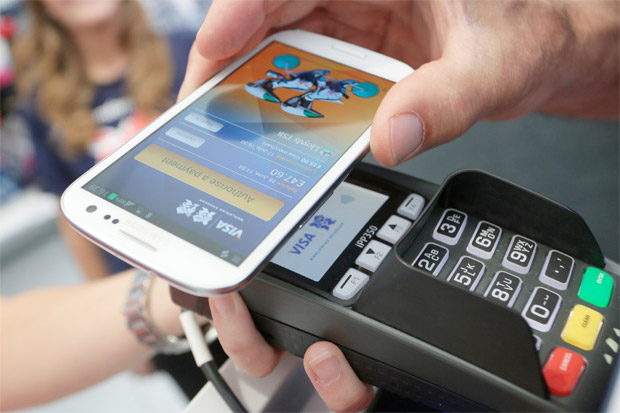
As debit cards, automated payments and other paperless transactions become the norm, it is more and more common for people in developed countries to not carry cash. For someone who does not carry cash and does not use public transport often enough to justify the purchase of a monthly transit pass, arranging to have exact change for the fare is one of the biggest barriers to taking public transportation spontaneously, from time to time.
The introduction of payment via mobile phone will mean that, after just a little bit of effort to activate the ability to pay by phone , anyone with a mobile phone which support NFC will be able to take public transportation conveniently, on a whim. For a great number of people, this potentially makes living without a car far more convenient, thus potentially more appealing and more viable.
Millenials already prefer public transit and walkable communities over traditional auto-centric American suburbs. They prefer it in part because it allows them to remain online, usually via their smart phone. Thus, this fits naturally with the lifestyle and expectations of the children of the Baby Boomers, who are currently reshaping American culture to a significant degree.
This is an exciting development for individuals who value their freedom and also pride themselves on living more lightly on the earth while still living well. Mobile phone enabled payments is yet another way to reduce the need to have other cards, or to carry cash, or to make extra trips to arrange to pay the fare.
As mobile computing becomes so ubiquitous, this is a natural progression. It helps further empower individuals and free them up. There will be no more looking for a parking space, or an ATM to get cash for bus fare.
A very small amount of preparation is needed to make a phone able to interact with one of these systems. Thereafter, your ability to pay is already in your pocket or bag all the time. A decision to travel will be as easy as pulling out your phone and topping up your transit account as you walk to the nearest transit stop.





